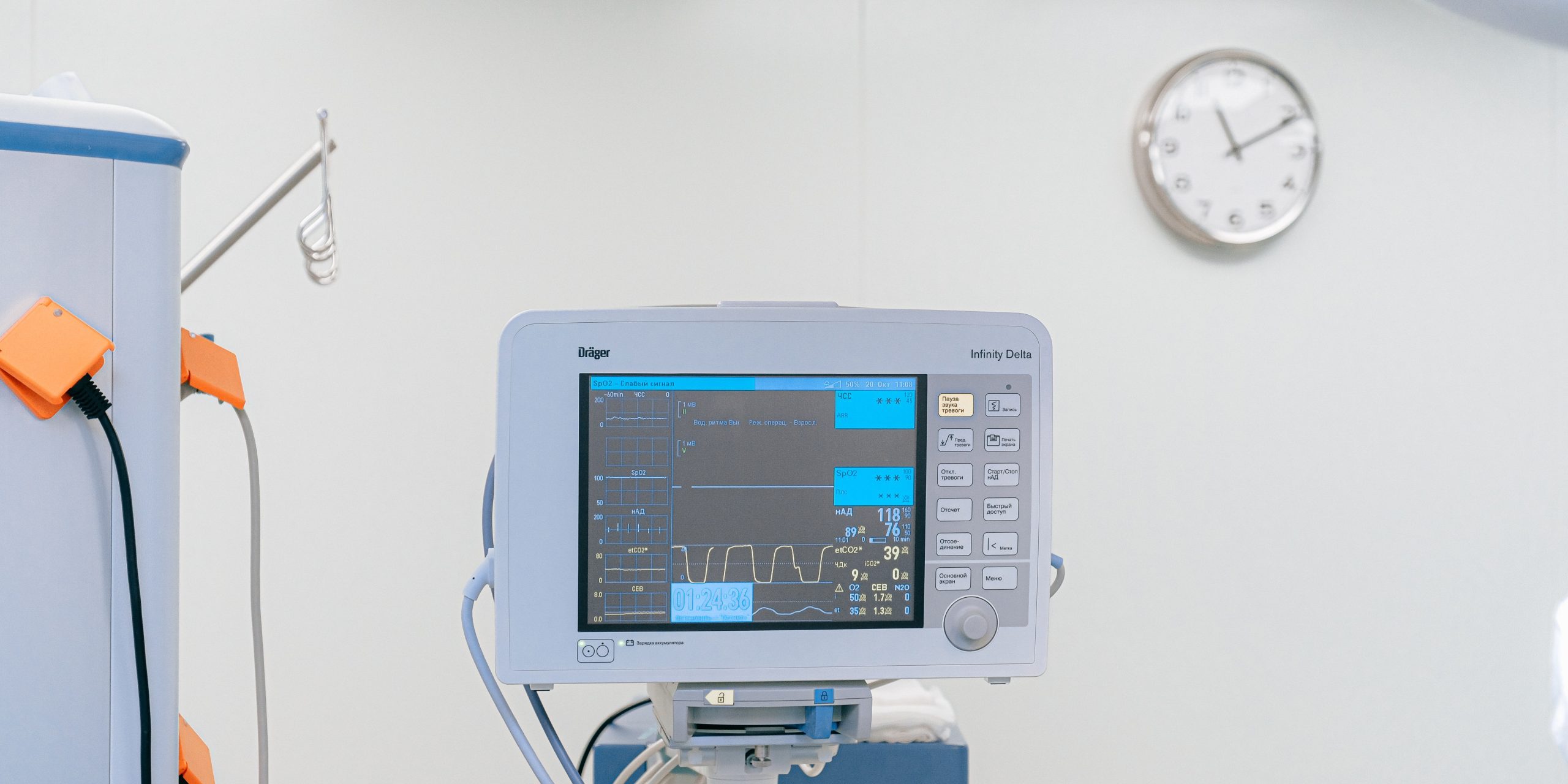Replace hospital ‘beeps’ with musical tones to save lives, says McMaster researcher
Published February 21, 2023 at 11:49 am

Could something seemingly inconsequential, like the noise a medical device makes, really impact public health outcomes?
According to a researcher from McMaster University in Hamilton, the answer is a resounding ‘yes.’
“By simply changing the sounds in medical devices, we can improve the quality of health care delivery and even save lives,” Michael Schutz, the study’s co-author and professor of music cognition and percussion at McMaster, told Brighter World’s Matt Innes-Leroux.
Schutz and his colleagues have been researching sound design on medical devices, focussing on the sound’s shape. They compared industry-standard flat beeps against alarm tones that rise and fall gradually like musical notes and how the different tones affect speech recognition.
Studies have shown that patients and health-care workers are more responsive to musical alarms. They’re also less annoyed by the sound compared to flat beeps.
“This is the first time we’ve shown musical alarms work well for speech comprehension while also reducing annoyance. It’s hugely important for future sound design in medical settings,” added Schutz, who is also the founding director of the The Music, Acoustics, Perception and Learning (MAPLE) lab.
“Patients in hospitals generate hundreds of beeps and alerts per day, and how these devices sound has not been a priority beyond being loud and alerting to staff.”

The study’s co-author, Dr. Joseph Schlesinger, says “noise pollution” is a serious detriment to health-care outcomes — calling it a “horrible cacophony of sound.”
“…we’re barraged by auditory alarms that are loud, annoying, not informative, and often false or non-actionable. There’s also the sounds of conversations and other equipment,” says Dr. Schlesinger, an associate professor of anesthesiology at Vanderbilt University. “Imagine you’re a patient being woken up. You can end up developing sleep deprivation or ICU delirium, which can lead to long-term cognitive impairment.”
Researchers say most efforts to reduce noise pollution in hospitals have centred around reducing alarms rather than changing the sounds. According to data released by the FDA, issues with hospital alarms have contributed to more than 500 deaths.
“Making the sounds less disruptive is simpler than redesigning alarm management procedures and protocols industry-wide. Think of it like playing the same song on different instruments. You still recognize the tune,” added Schutz. “By simply changing the sounds, we can make alarms that allow for better staff communication and reduce recovery times. This can even save lives.”
The study will appear in an upcoming issue of The British Journal of Anesthesia.
insauga's Editorial Standards and Policies advertising





